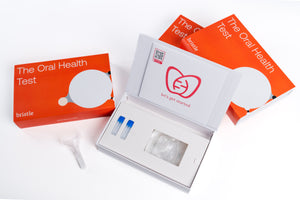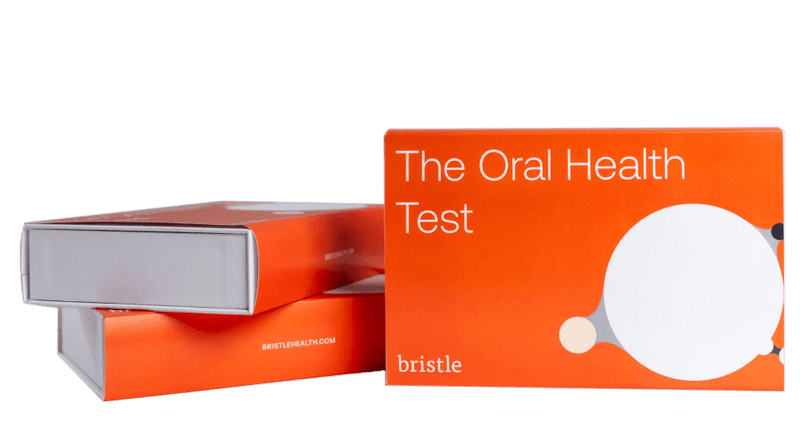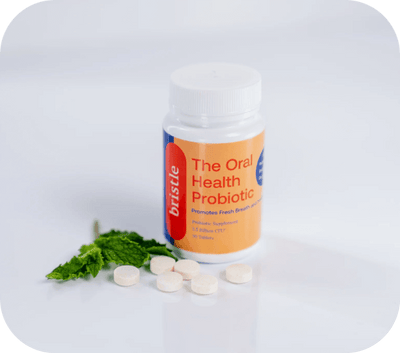Over 13% of children and 25% of adults have untreated dental caries (cavities). Neglecting your dental hygiene can cause cavities to form and can also lead to gingivitis.
Oral health issues like cavities and gum disease can have a major impact on your overall health. You could require expensive treatments to fix the damage, too. Before that can happen, consider improving your at-home dental care.
Here are seven dental hygiene tips that can help you maintain a healthy, stunning smile. With these tips, you can avoid complications and expensive treatments. Maintaining your smile could give your self-esteem and confidence a boost, too.
Discover how to improve the state of your smile with these seven simple tips today.
1. Establish Your Routine
First, make sure you start and finish your day by brushing your teeth. While this might seem like an obvious tip, some adults and children avoid brushing twice a day. If you want to maintain a clean, healthy smile, make it a habit.
If you neglect to brush and floss on a daily basis, plaque can form against or between your teeth.
Plaque is a clear, sticky substance created by bacteria in our mouths. Bacteria in this plaque can build-up and release acid causing cavities to form. If you don't brush and floss plaque away, it can harden into tartar. You'll need to visit a professional dentist to have tartar removed from your teeth.
If you leave plaque and tartar unattended, you could develop a cavity or gum disease. Gum disease, or gingivitis, can cause:
Oral disease has been associated with other bodily diseases. Without treatment, your risk of diabetes, stroke, and heart disease can increase. You can keep gum disease from developing in the first place with these dental hygiene tips.
If you don’t stop early gum disease (gingivitis) it can develop into its advanced stage called periodontitis. If you develop periodontitis, you could risk losing your teeth.
Brush and floss twice a day to keep up with your dental hygiene program. Brush every tooth to keep plaque from forming. Make sure to floss as well.
Flossing can help you remove food particles and plaque from between your teeth. Otherwise, food particles can mix with bacteria and lead to decay.
2. Avoid Bad Habits
Bad habits in your daily routine could increase your risk of tooth decay or gum disease as well.
First, try to avoid smoking. Smoking can have a lingering impact on your gums and teeth. The nicotine and tar in cigarettes might even start eating away at your gums.
Bacteria production can increase as well, leading to plaque formation. Remember, plaque can increase your risk of tooth decay or gum disease.
Consider limiting your daily sugar intake, too. Certain bacteria in your mouth feed on sugars and release acids that can lead to cavities. Because of this, try to avoid drinking soda too often. If you can, drink from a straw instead.
Sugary beverages like soda will eat away at your tooth enamel. Enamel is responsible for protecting your teeth from decay.
Soda's citric and phosphoric acid can break down enamel, increasing the risk of cavities.
Make sure to drink water after consuming a sugary beverage to wash bacteria and food particles away.
Minimize your consumption of other sugary foods. Sugar could promote bacterial growth, leading to plaque formation.
3. Improve Your Technique
As you continue using these oral health tips, consider the technique you use while brushing your teeth.
It's not enough to brush your teeth twice a day. You need to make sure you're getting every tooth completely, too.
First, hold your brush at a 45-degree angle. Start using short, circular motions as you brush your teeth.
Make sure to point the brush toward your gum line as well.
Improving how your brush can keep plaque from lingering against the surface of your teeth.
4. Adjust Your Diet
Making a few adjustments to your diet can improve the state of your teeth and gums as well. You can add teeth-healthy foods to your diet to improve your dental care.
First, consider adding more dairy products to your routine.
Dairy products include yogurt, milk, and cheese. These foods are high in both calcium and phosphates. Calcium and phosphate can strengthen your teeth.
Add fruits and vegetables that are high in fiber to your diet, too. Fiber will help keep your teeth and gums clean. Eating more of these foods can also increase your natural saliva production.
Saliva can wash away bacteria, warding off gum disease and cavities.
Consider adding more fatty fish to your routine as well. Fatty fish like salmon and sardines are high in vitamin D. Vitamin D will help your body remain healthy and strong.
It could help reduce the risk of cavity formation, too.
5. Change Your Brush
Take a look at your toothbrush. Do the bristles look frayed and worn? Make sure you're swapping your brush out every three months.
If the bristles look worn out before three months, switch your brush out more often.
Consider using an electric toothbrush, too. Adding an electric toothbrush to your routine can improve your oral hygiene. You'll have an easier time keeping plaque from forming against your teeth.
6. Chew Gum
Chew on a piece of sugar-free or xylitol gum after meals. Gum can remove excess food particles from your mouth. It can also freshen your breath while increasing saliva production.
Your saliva contains antibacterial properties that can keep bacteria from feeding off the food particles that linger after meals.
7. Visit the Dentist
Don't neglect your dental care this year. Instead, consider scheduling a visit to the dentist every six months. Visiting your dentist will help you identify problems before they can develop further.
Stunning Smiles: 7 Dental Hygiene Tips for Healthy Teeth
Adding these dental hygiene tips to your daily routine can keep cavities or gum disease from forming. Instead, you can improve the state of your smile and improve your dental hygiene. Make a change for the better with these tips today.
Searching for more ways to improve your oral health without visiting a dentist? We're here for you.
Get a window into your oral health with personalized insights. Choose your plan today to get started.












